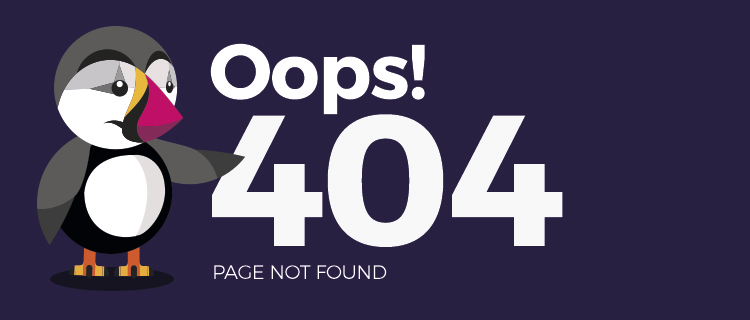THIS PAGE DOESN'T EXIST!!!!
"It seems that the content you're searching for has expired or is no longer available on our website. In 5 seconds, we'll return you to the homepage. Please contact us if your issue has still not been resolved.
We are very sorry for this inconvenience!”

Customer Support
Hotline: 1900 54 54 50 (909 VND/min) - (+84)362851122 (Whatsapp, Viber)
Our regional customer & partner services center in Vietnam:
Northern Services Center: 033 8351122
Central Services Center: 0902 450585
HCMC – Eastern Services Center: 033 8351122
Southern Services Center: 0902 912586
Email: info@moitruongachau.com
Visitors
- Online :
- Visitors :
Copyright 2013 - 2022 © A CHAU ENVIRONMENT CO., LTD







